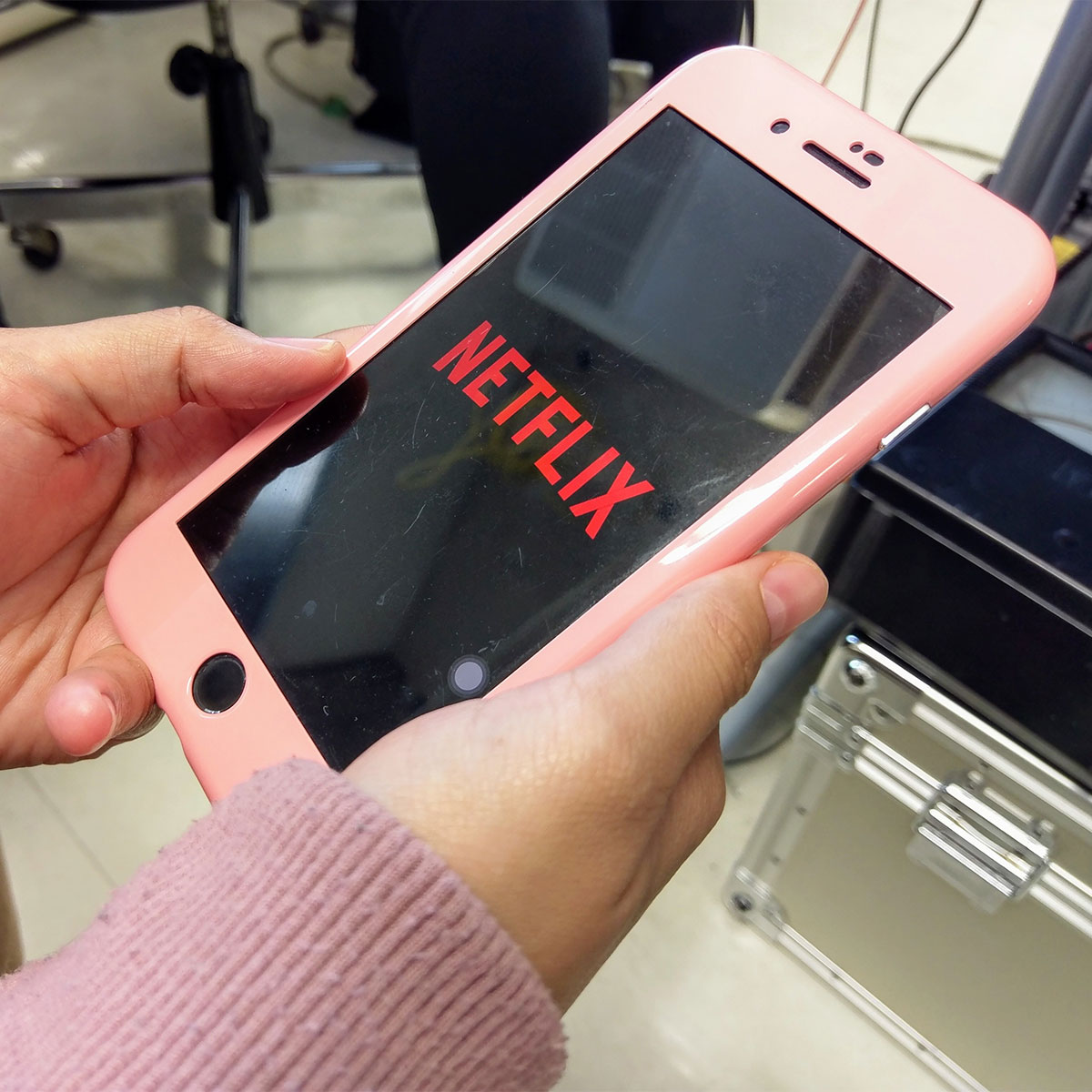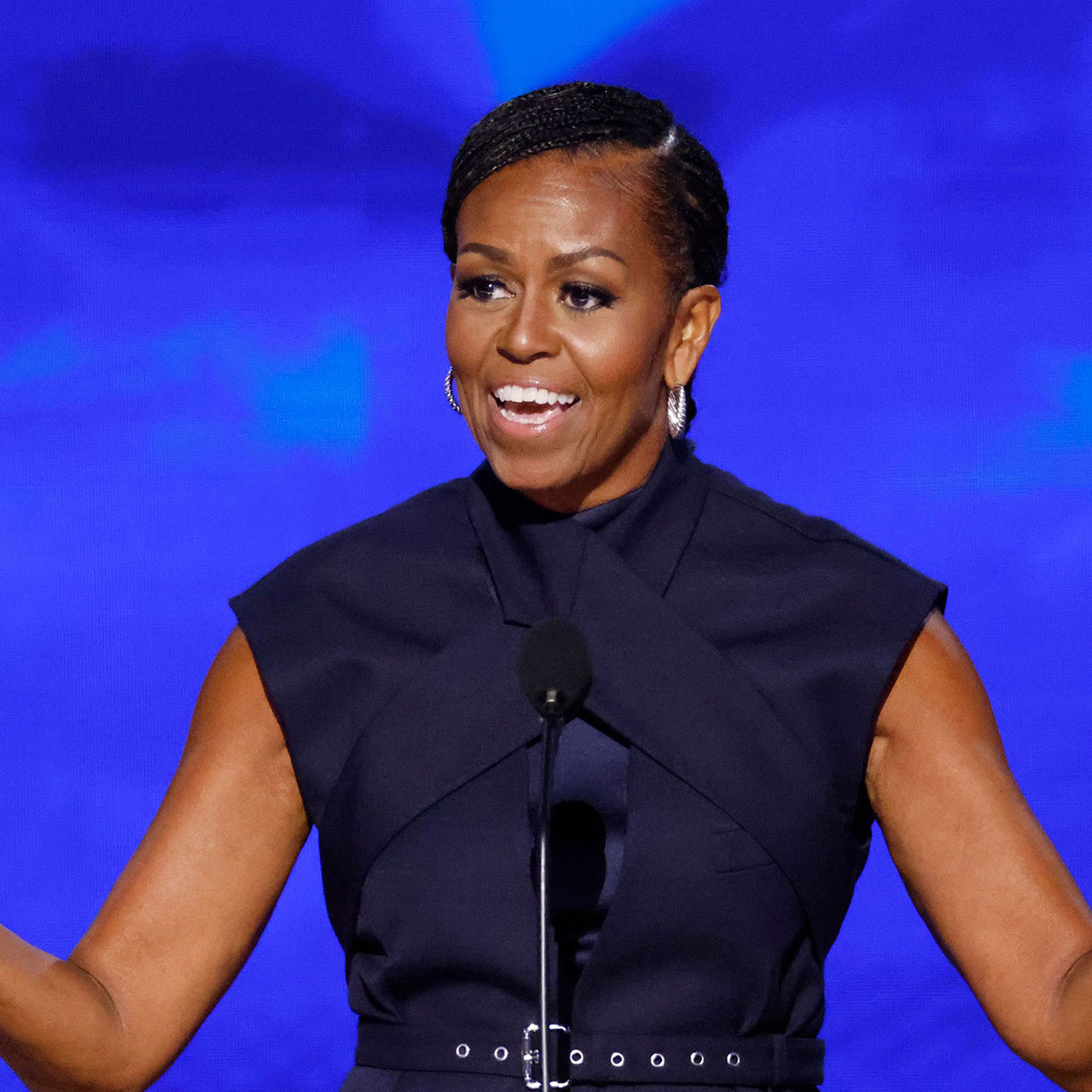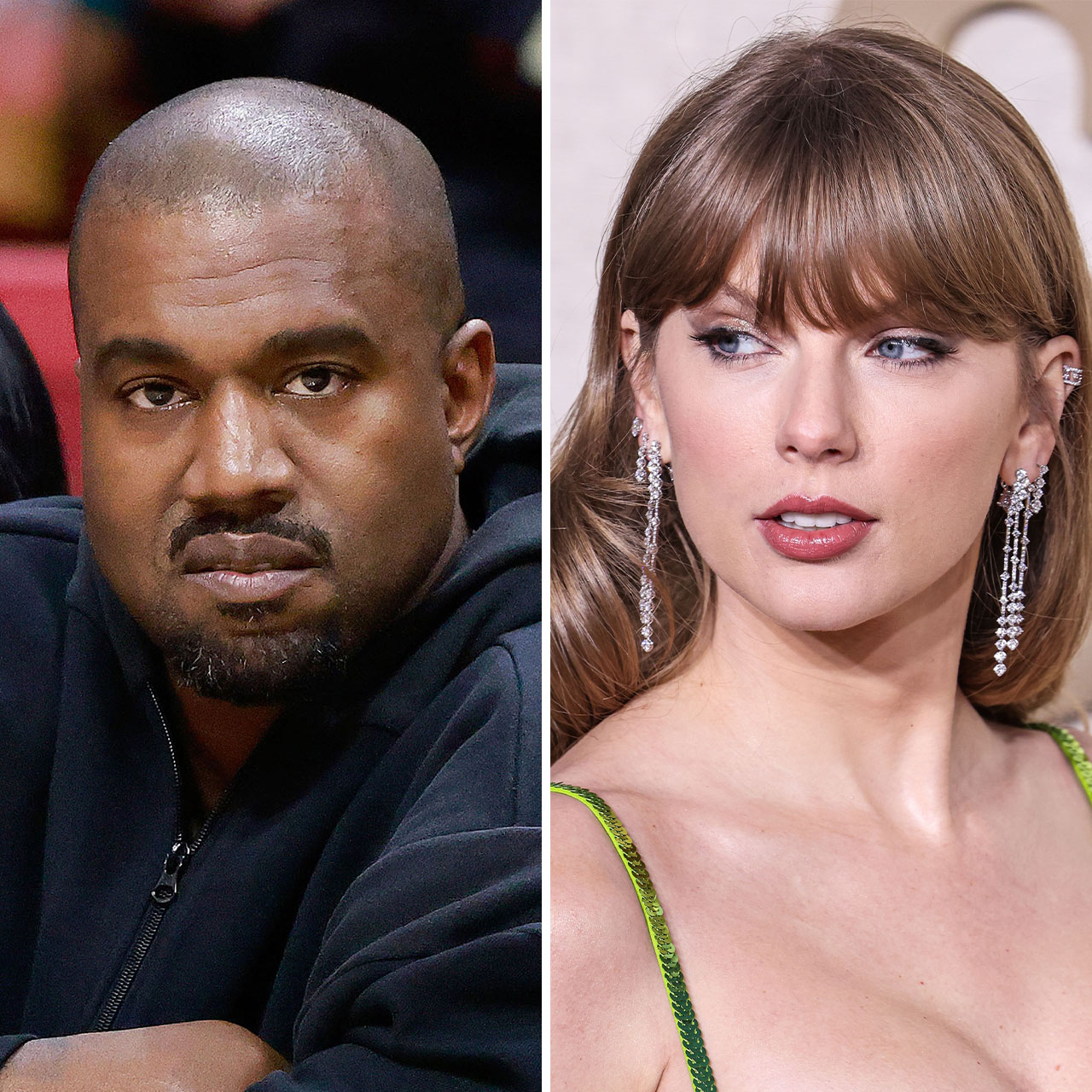This article has been updated since its initial publish date to include more information re: Netflix’s changing password policy.
If you share a Netflix account outside of one household, take note— sometime this year, the streaming service will start charging fees for password sharing, as it first announced in October of 2022. Netflix is starting a system— as CNET reports— that will add fees for “extra member” subaccounts (when more people outside of one household use the membership). Here’s everything we know:
READ MORE: A Tech Expert Tells Us How To Transfer Netflix Profiles When They End Free Password Sharing In 2023
If you’re using a friend’s Netflix account, 2023 is the year of the password-sharing crackdown, @nicnguyen explains #WSJWhatsNow https://t.co/wBCGHeLQ7B pic.twitter.com/wz4f1aKDJv
— The Wall Street Journal (@WSJ) January 15, 2023
What Do These ‘Extra Member’ Fees Entail?
While the company didn’t yet indicate the price of the new fees when it confirmed the plan last week, this change is currently being tested in several Latin American countries. In these locations, Netflix is charging a fee for every extra member (the outlet reports that this is equivalent to approximately one-quarter of the price of a ‘Standard’ plan).
If Netflix does stick to this practice, CNET continues, then each extra member subaccount in the US would cost “between about $3.50 and $4.” It could possibly increase up to “$4.43, based on the fee level in Chile.” Netflix is also likely, the publication notes, to make “extra member” fees available solely on its $15.50-a-month ‘Standard’ and $20-a-month ‘Premium’ plans. Both of these, as many subscribers know, allow more than one simultaneous stream.
Netflix’s Password Sharing Crackdown Is Cominghttps://t.co/SZAhZhsDg5 via @CNET
— MySA (@mySA) October 29, 2022
How Much Will The Fees Cost?
According to CNET, Netflix hasn’t offered an option for these “extra member” fees on its ‘Basic’ plans in the tests, and Netflix’s $10-per-month ‘Basic’ plan and (a new one coming in November called ‘Basic with Ads’ for $7-per month) will limit a user’s watching to one single simultaneous stream. Ultimately, this will make account-sharing much more difficult to do. The popular service also didn’t reveal exactly how it will enforce “unpaid password sharing” once these fees fully roll out.
Netflix will officially start charging for password sharing in early 2023 https://t.co/VA5LgbL4Iw
— TIME (@TIME) October 30, 2022
The Official End Of Password Sharing
After garnering a fairly laissez-faire reputation when it came to password sharing (think of all those ‘my boyfriend’s aunt’s best friend sharing my account’ memes), Netflix is starting to regulate the idea of additional households using the same account. This new password-sharing fee system seems to be modeled on a scheme that Netflix has been testing in Chile, Costa Rica and Peru for roughly the past six months.
Just one day before Netflix revealed its surprising plans for these account-sharing fees, it made another announcement, launching a profile-transfer feature. This is essential for how the password-sharing fees tested in Chile, Costa Rica and Peru work. It allows one profile created on a shared Netflix account to transfer its recommendations and watch history to a new, independent account. Only then can the new account be added to another ‘Standard’ or ‘Premium’ subscription plan as an extra member. Another option is that it can sign up for its own individual membership.
Freeloaders Beware: Netflix Will Start Charging For “Password Sharing” In 2023 https://t.co/H16XWSzTe0 pic.twitter.com/xTeyjRPz0e
— Barstool Sports (@barstoolsports) October 21, 2022
Back in July, Netflix noted that it would be testing a different method in Argentina, the Dominican Republic, El Salvador, Guatemala and Honduras. This test included an account’s primary residence as the “home” for the membership, and if Netflix detected streaming at any other additional households for more than two weeks, it would then urge the account to set up (and pay for) additional “homes.” In this system, there is also a limit as to how many additional “homes” you can add. It depends on how much you’re already paying for Netflix, and according to CNET, Netflix “appears to be eschewing this model in favor of the other one it tested.”
How to Transfer Netflix Profiles Once Free Password Sharing Ends https://t.co/D4HZaK0b73 pic.twitter.com/CWShoAZVQX
— Lifehacker (@lifehacker) October 25, 2022
Subscriber Reactions On Social Media
With so many streaming services out there (HBO Max, Paramount+, Disney +, Apple TV+, Hulu, Amazon Prime Video, just to name a few), many Netflix subscribers recently took to Twitter to compare these to Netflix, and to debate whether having an account is “still worth it,” as one wrote.
Netflix will start charging for password sharing in 2023.
Families and friendships predicted to end soon.
— Dan Regan (@Social_Mime) October 21, 2022
Netflix will start charging for password sharing.https://t.co/CyT6wjfol0@BandwidthBlog pic.twitter.com/quNn9wakeB
— Theunis van Rensburg (@Theunis_VR) October 30, 2022
Another tweeted after seeing the “password sharing” announcement, “so netflix is killing password sharing and the crazy part is, i would rather just not have access to netflix than deal with device verification and sending my buddy who’s the “account holder” $2.99 every month lmao.”
i was just reminded that netflix is charging money for password sharing. lmao how long will it be before we all cancel our subscriptions?
— CORI (@CORI_WORLD) October 30, 2022
its hilarious that netflix used to use password sharing as part of their marketing and now they’re trying to outlaw it.
— Carl Marks (@bornposting) October 23, 2022
Someone else also aired their grievances, writing, “Somebody needs to tell @netflix they lost customers because they kept raising the price & canceling the good shows after 1 season, not password sharing. I pay for 4 screens & I live in 2 cities plus travel a lot for work so now I gotta pay extra? This bout to be a s—t show.” Another comically pointed out, “its hilarious that netflix used to use password sharing as part of their marketing and now they’re trying to outlaw it.”
This month, after the Wall Street Journal tweeted about the upcoming Netflix password crackdowns, users began sharing their thoughts again, and some even threatened to boycott the streaming service. “Netflix has perfected the coveted strategy of how to ruin their service knowingly,” one wrote as another replied in the thread, “To be honest I don’t even care, there’s better streaming out there. I feel like I lose nothing here which is a bad thing for them.”


























